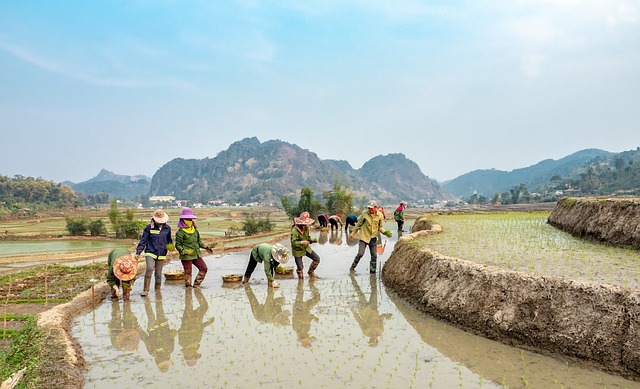How Translation Impacts on Food Security

Translation, in the context of food security, usually refers to the process of transferring knowledge, technologies, and best practices related to agriculture, nutrition, and food production across different languages and cultures. The impact of translation on food security can be significant and can influence various aspects of the food system. Here are some ways in which translation can contribute to or affect food security:
Knowledge Transfer:
Translation facilitates the transfer of knowledge about advanced agricultural techniques, pest management, and sustainable farming practices from one region or country to another. This can enhance local farmers’ capabilities to improve crop yields and overall agricultural productivity.
Access to Information:
Translation of relevant information on weather patterns, market trends, and government policies can help farmers make informed decisions. Access to such information is crucial for adapting to changing conditions and ensuring food production remains efficient and resilient.
Capacity Building:
Training materials, educational resources, and research findings related to food security can be translated to reach a broader audience. This contributes to capacity building by empowering communities with the necessary skills and knowledge to address food security challenges.
Communication in Multicultural Settings:
In multicultural societies or regions with diverse linguistic communities, translation plays a vital role in effective communication. Policies, guidelines, and awareness campaigns related to food security need to be accessible to everyone, irrespective of their native language.
Market Access:
Translation of trade agreements, regulations, and market information can improve the participation of farmers and food producers in international markets. This increased market access can lead to economic growth and improved food security at both local and national levels.
Nutritional Education:
Translating nutritional information and guidelines helps in educating communities about balanced diets and healthy eating habits. This is crucial for addressing malnutrition and ensuring that individuals have access to diverse and nutritious food options.
Policy Implementation:
Translating agricultural and food-related policies ensures that stakeholders at various levels, including farmers and local communities, understand and can adhere to regulations. Effective policy implementation is essential for creating an environment that supports food security.
Emergency Response and Early Warning Systems:
Translation of early warning systems and emergency response plans into local languages helps communities prepare for and respond to food crises, natural disasters, or other emergencies affecting food security.
In summary, translation plays a pivotal role in disseminating information, building capacities, and fostering effective communication to enhance food security. It contributes to creating a more inclusive and informed food system that can adapt to challenges and promote sustainable practices.
Prime Production supports Organizations and NGOs such as Mama Cash, Scaling up Nutrition (SUN) or the European Food Information Council, in their fight to end malnutrition, improve sanitation and hygiene or make better decisions about diet and lifestyle.

Leave a Reply